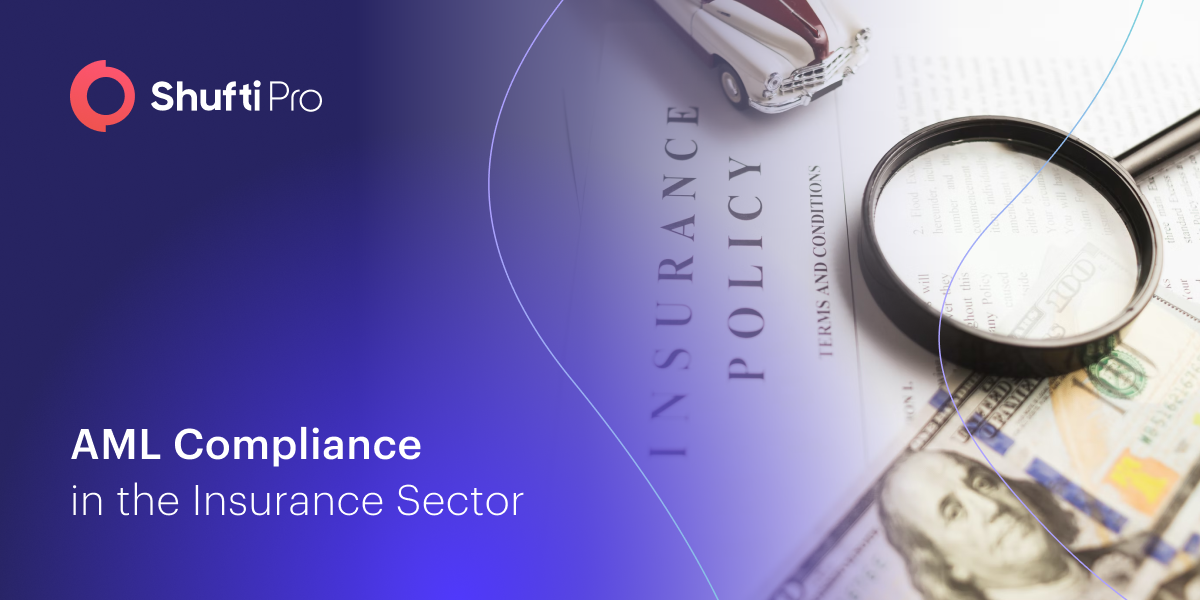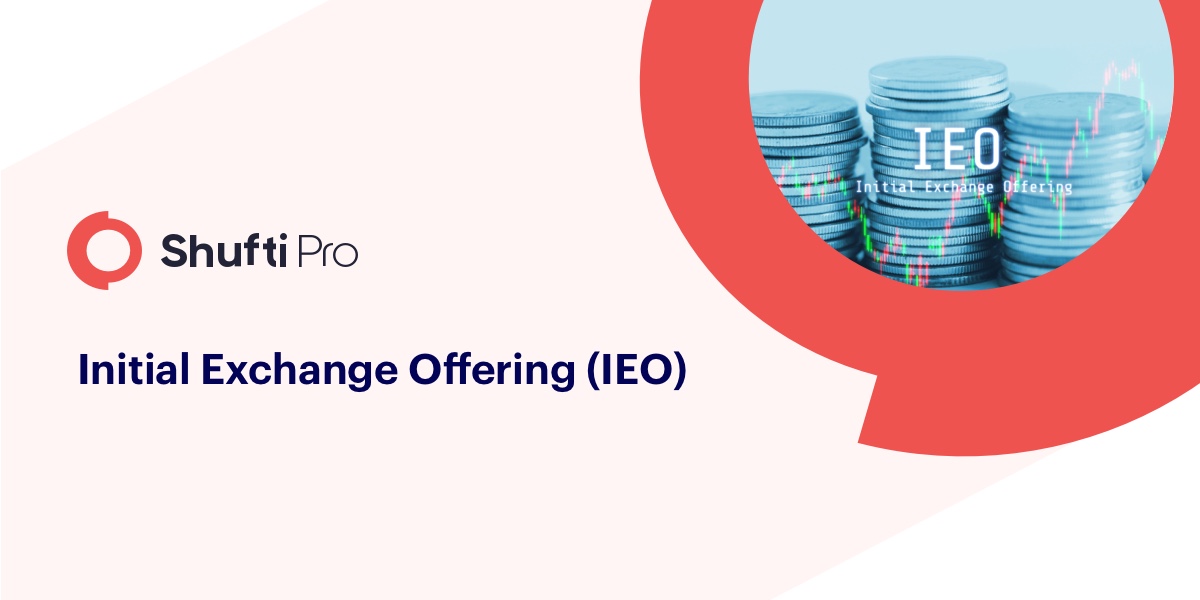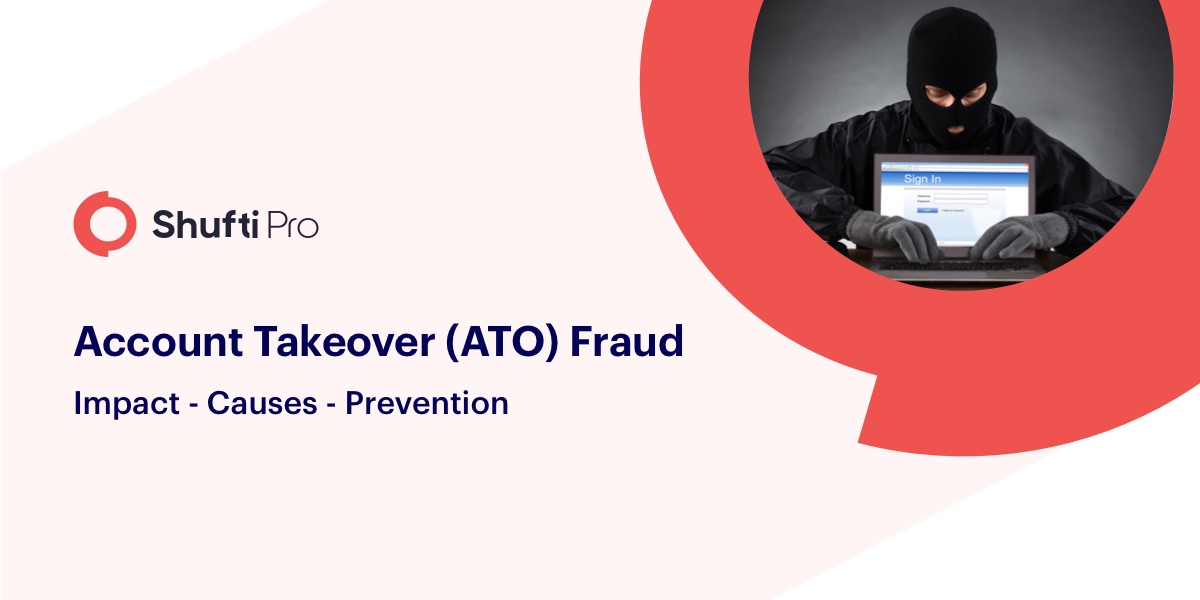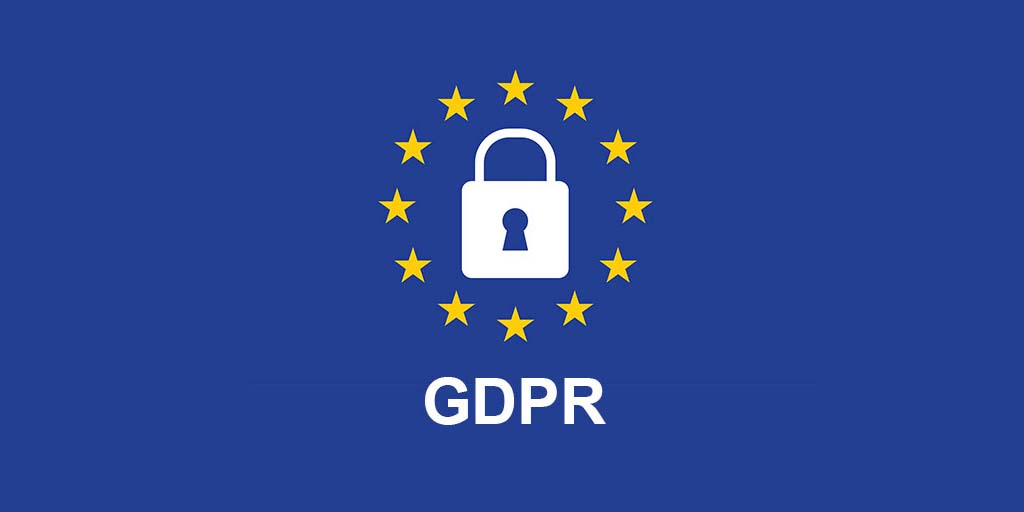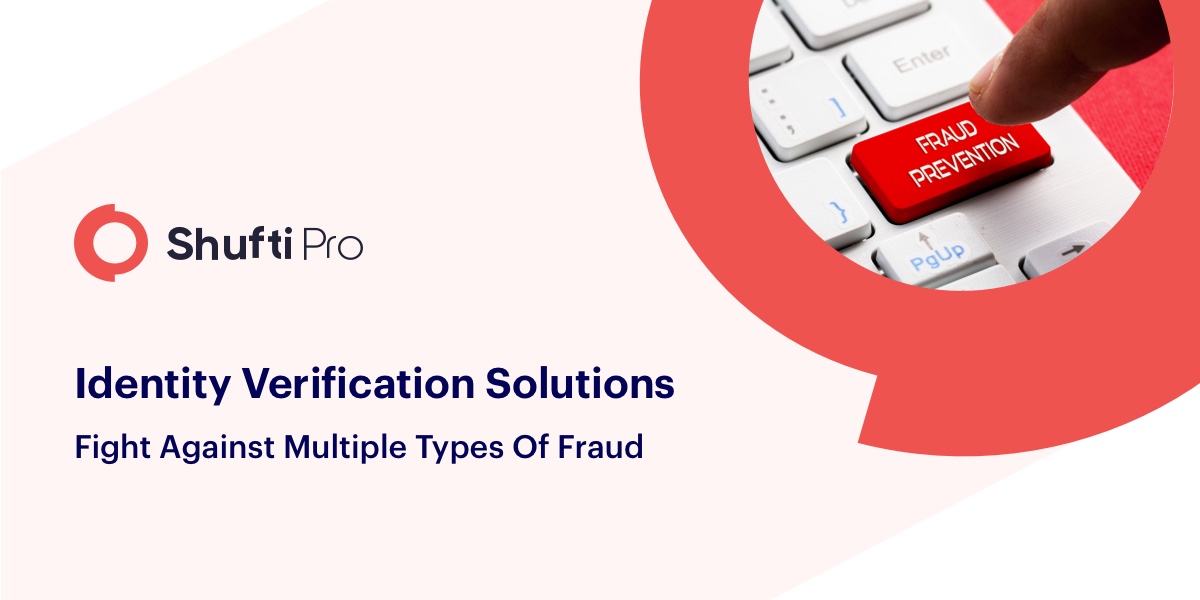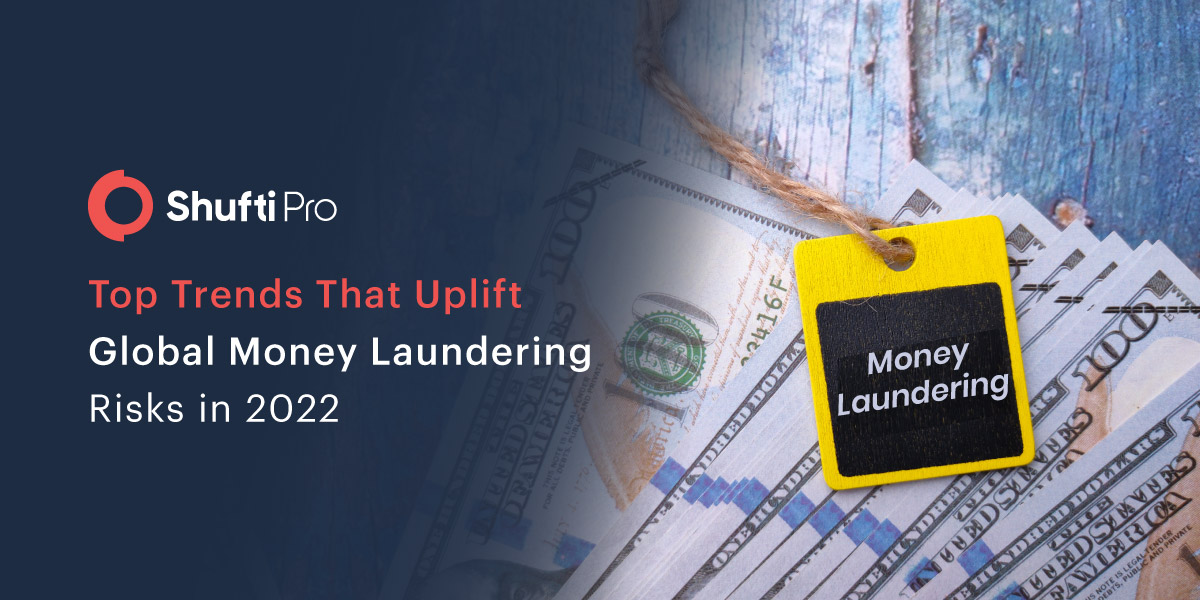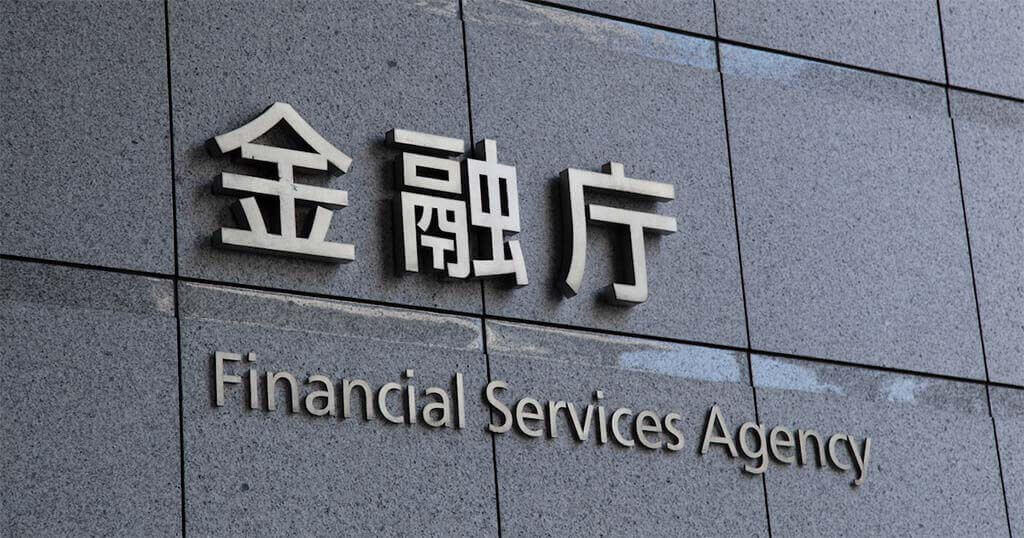Strategic Evaluation and Elimination of Money Laundering in Real-Estate Sectors
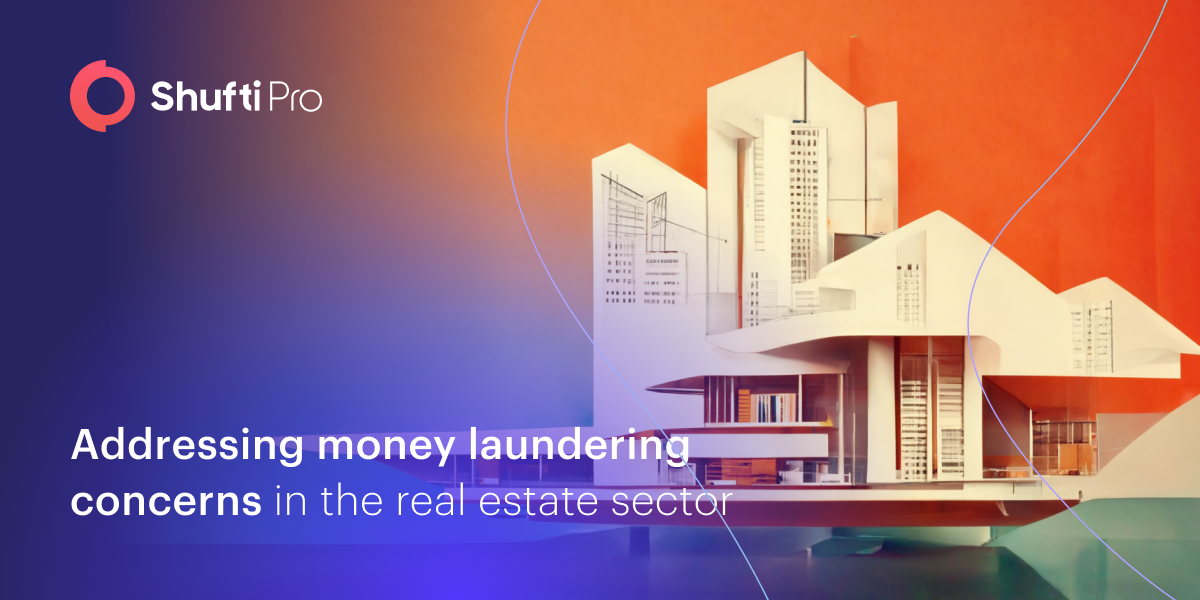
The exchange of illicit money through real estate has been the most commonly encountered method of money laundering.
By buying expensive mansions and dealing in costly lands, cybercriminals can wash their dirty money within no time and escape any investigation.
Since real estate offers lucrative benefits of laundering money, cybercriminals use it to stash their cash and get away without explaining the origins of funds.
A study conducted in the U.S reported that more than US $2.3 billion was laundered through real estate between 2018 and 2022.
The major loophole in real estate is the involvement of cash-based transactions either through banks or other financial institutions. To detect and eliminate money laundering, financial institutions need to follow AML and CFT guidelines laid out by financial regulators. While it doesn’t eliminate the chances of money laundering, it does help in combatting this serious crime with a passage of time.
Money Laundering – A Real Threat in Real Estate
It is easy to camouflage the origin of illicit funds when purchasing real estate.
The risky connections in real estate sectors incorporate third-person transactions, higher prices than the expected market rate, and purchases by customers under strict jurisdictions. In addition to that, real estate faces explicit cases of money laundering on a daily basis.
Cash-based transactions are the most realistic reason for a large number of illegal fund transfers every year.
In order to entirely exempt money laundering from the real estate sector, brokers must identify and eliminate these issues before time.
According to the UK’s Treasury Department, £4.4 billion of investment in UK real estate originates from PEPs (politically exposed persons) in high-corruption-risk jurisdictions.
In Canada, there are more than 650 criminal groups attempting loan or mortgage fraud to clean laundered money.
According to the chief executive of TIA (Transparency International Australia) in 2021, the country has become a favourite destination for money launderers to carry out monetary fraud.
Due to internationally recognised vulnerability, there is a greater need for efficacious compliance across the real estate sectors.
How Financial Criminals Invade Real Estate
There is a list of sophisticated methods through which money can be laundered in real the estate market.
Shell companies registered in countries with poor regulatory sanctions, are often used to obscure the authentic identity of a person purchasing a property. Such criminal institutions may include politicians, lawyers, or other important individuals that have been charged with committing financial crimes.
Use of Third Parties
Bad actors can purchase real estate through one of their acquaintances. The third-party involved may be a family member or a close friend with no illegal history. This is usually the case when corrupt lawyers and politicians lure third parties in buying properties.
Exploitation of Property Value
Financial criminals may take assistance from real estate agents and manipulate them either to undervalue or overvalue the property they intended to purchase. Criminals utilise overvaluation methods to borrow funds from a financial institution, which will then be used for laundering purposes.
Use of Mortgages
Money launderers use loans or mortgages to integrate unlawful funds into exclusive assets such as real estate.
Mortgages are necessarily taken out as a cover for laundering criminal funds. Round-sum cash repayments or smaller amounts are used to repay loans. This allows illegitimate funds to be blended with lawful funds.
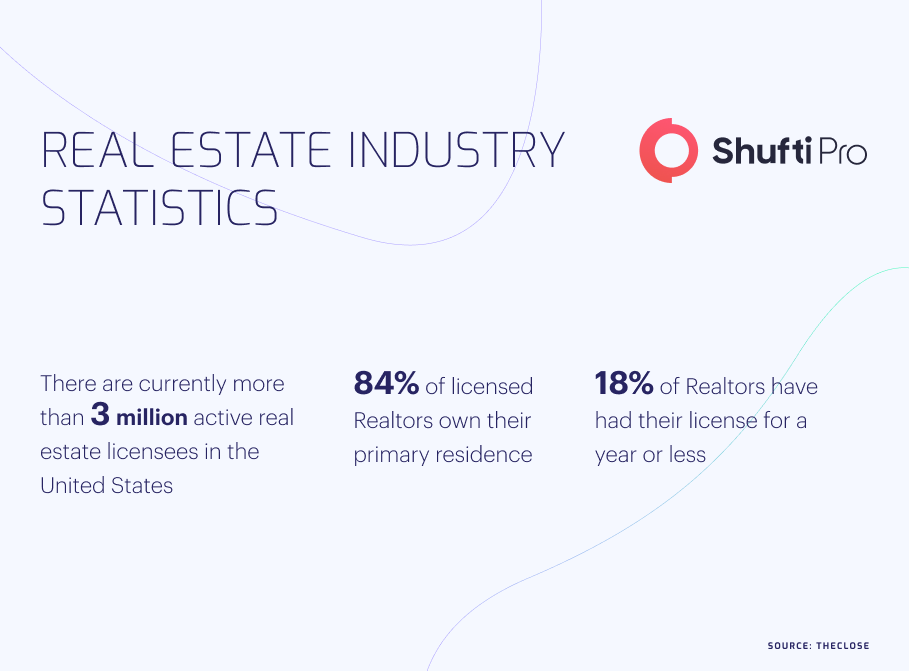
Possible Red Flags in Real-Estate Transactions
Under AML Act 2010 section 7(1), it was clearly stated that real estate agents, house developers, and brokers are supposed to file Suspicious Transaction Reports (STR) conducted at their counter. The possible red flag indicators they should screen against include:
- Someone proposes money to make you purchase an estate or get a loan or mortgage in your name. The person offering the money is most likely a part of some criminal activity and is trying to launder money. It is not merely a monetary crime but also mortgage fraud.
- If someone offers a beyond-the-market price for your property in the form of a lease-to-own agreement. Money launderers can convert the proceeds of crime into legal funds through monthly instalments. They may also cause property damage along with money laundering.
- Someone suggests entering into a lease to hold an economic space in your business property. The person who is making the rent payments most likely has an approach to huge cash resources through which they may launder their dirty money.
Real estate sectors should also watch out for seller’s/purchasers unusual behaviour and suspected transaction patterns.
Establishing an AML Framework for Real Estate
The Financial Action Task Force plays a crucial role in combating money laundering globally as it is an intergovernmental entity responsible to set standards for the development of local and international policies against money laundering and terrorist financing.
The laws recommended by FATF boost transparency and enable countries to take efficacious measures to exempt illicit use of real estate sectors and other financial institutions.
Gatekeepers in real estate businesses are a broad range of professionals assigned by different authorities and anti-money-laundering obligations who to different extents have responsibilities to assess risks and report them immediately.
According to recommendation 22, real estate works in accordance with Designated Non-Financial Businesses and Professions (DNFBP), which are obligated to run customer due diligence depending on risk assessment.
The lawful professions have a specific role to play, as they provide the necessary information, contract in association with transactions, and can be involved in conveyancing.
In order to administer a risk-based approach to verifying and if needed reporting dubious transactions, there is a need to confirm the authentic identity of each client by running a customer due diligence or KYC process.
Suspicious transaction reporting (STR) must take place when there are rational grounds to suspect that funds are the receipts of criminal ventures, or are related to terrorist financing.
Key Takeaways
With the remarkable rise in monetary crimes, real estate organisations are becoming exposed to regulatory obligations. When it comes to online dealings, the challenges are accelerated for businesses to stay in accordance with AML compliance as well as combat criminals.
Shufti’s Anti-Money Laundering (AML) screening is an ideal solution for the real estate sector as it helps ensure compliance with regulatory obligations as well as securing company operations.
Powered by thousands of AI models, Shufti’s AML screening solution enables businesses to combat money laundering and financial crimes in their channels.
It also screens customers against 1700+ global financial watchlists with 99% accuracy within seconds.










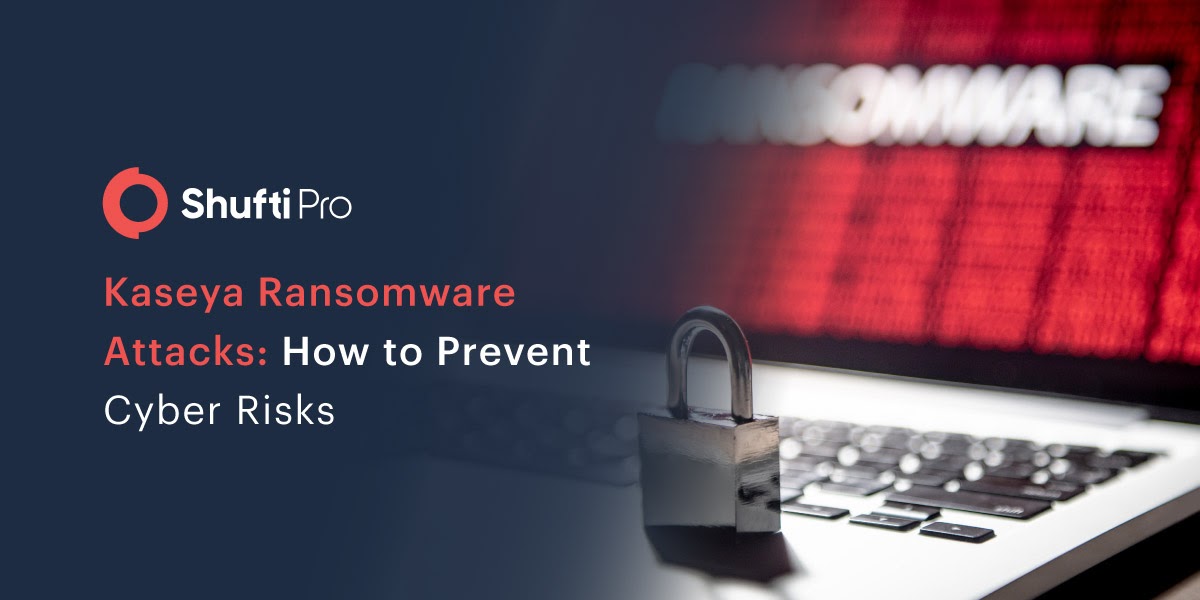

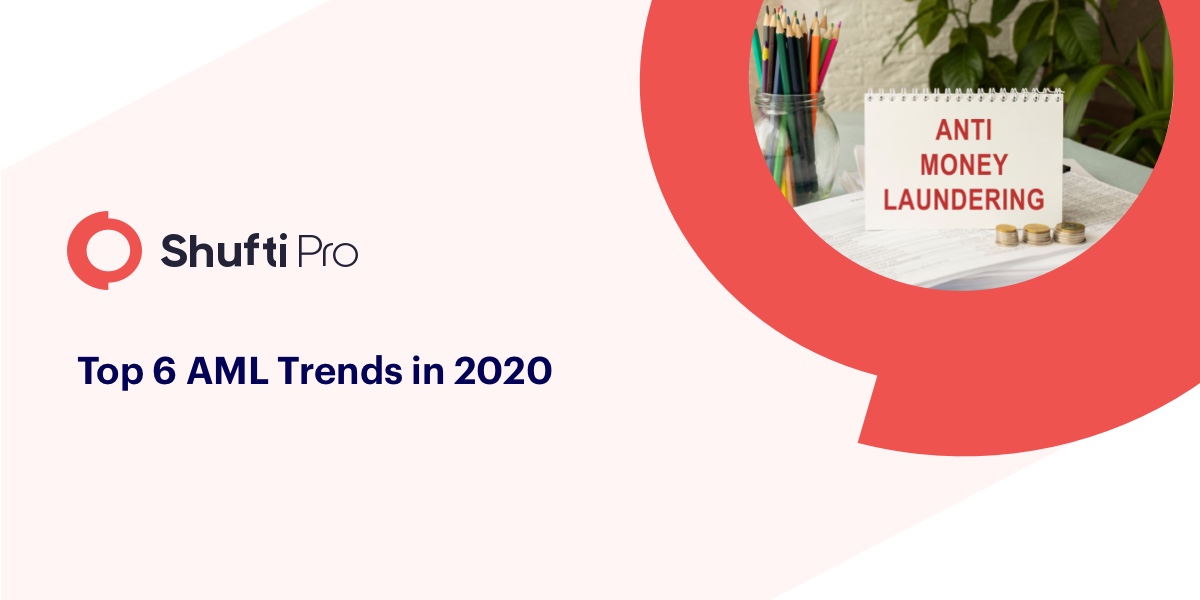






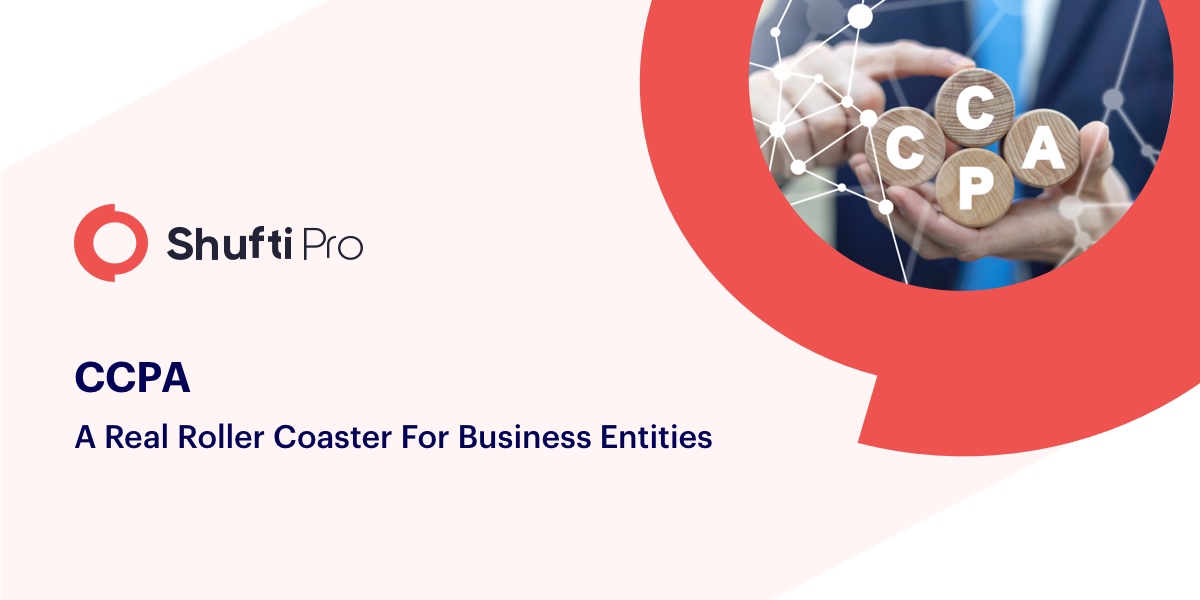











![China’s New Data Security and Personal Information Protection Laws [2022 Update] China’s New Data Security and Personal Information Protection Laws [2022 Update]](https://shuftipro.com/wp-content/uploads/b-img-china-1.jpeg)
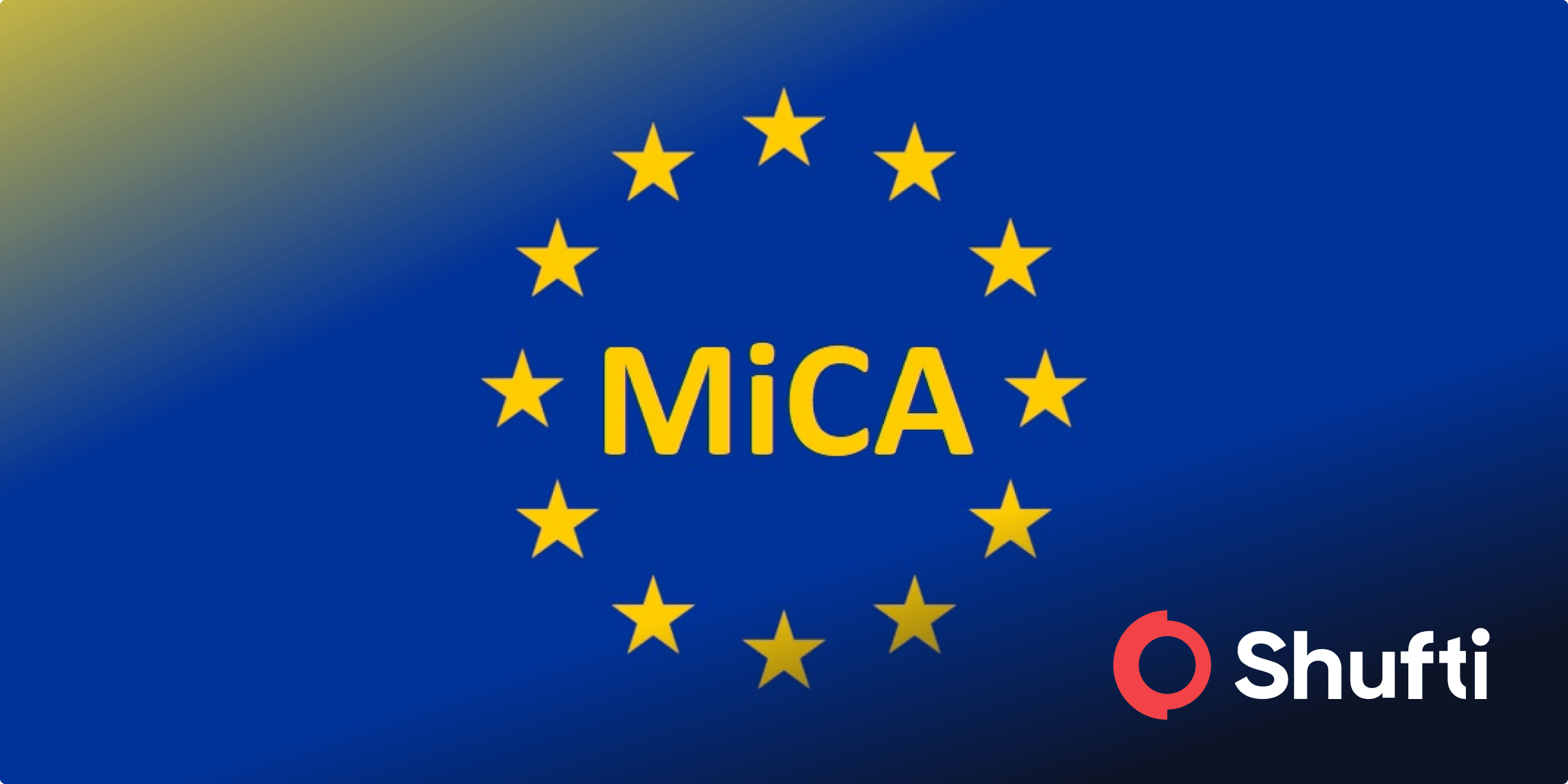






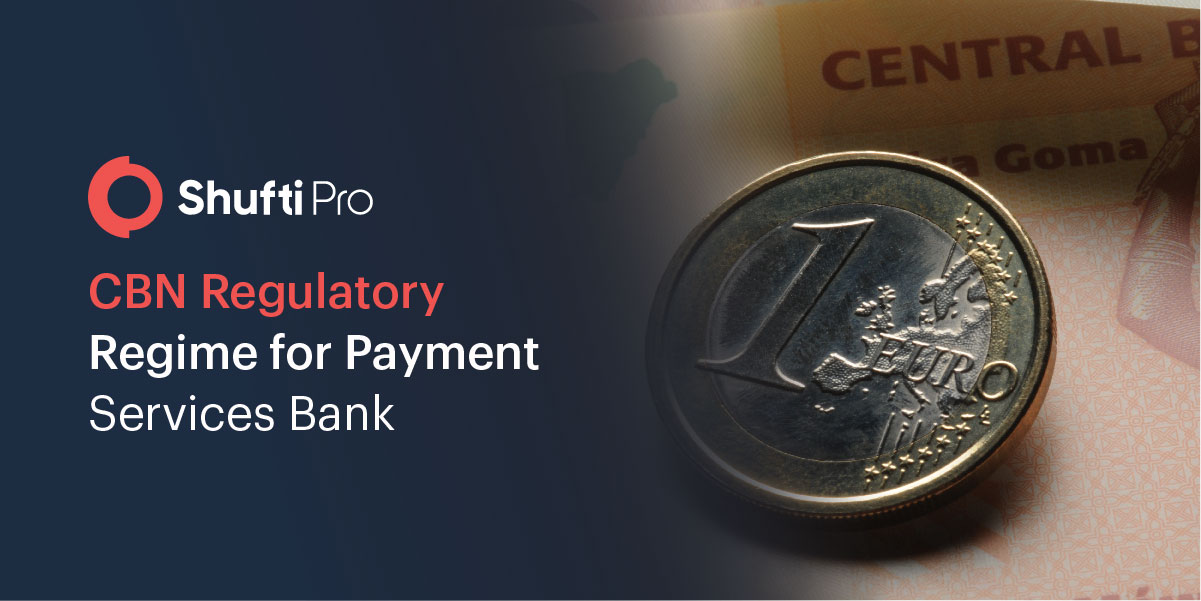
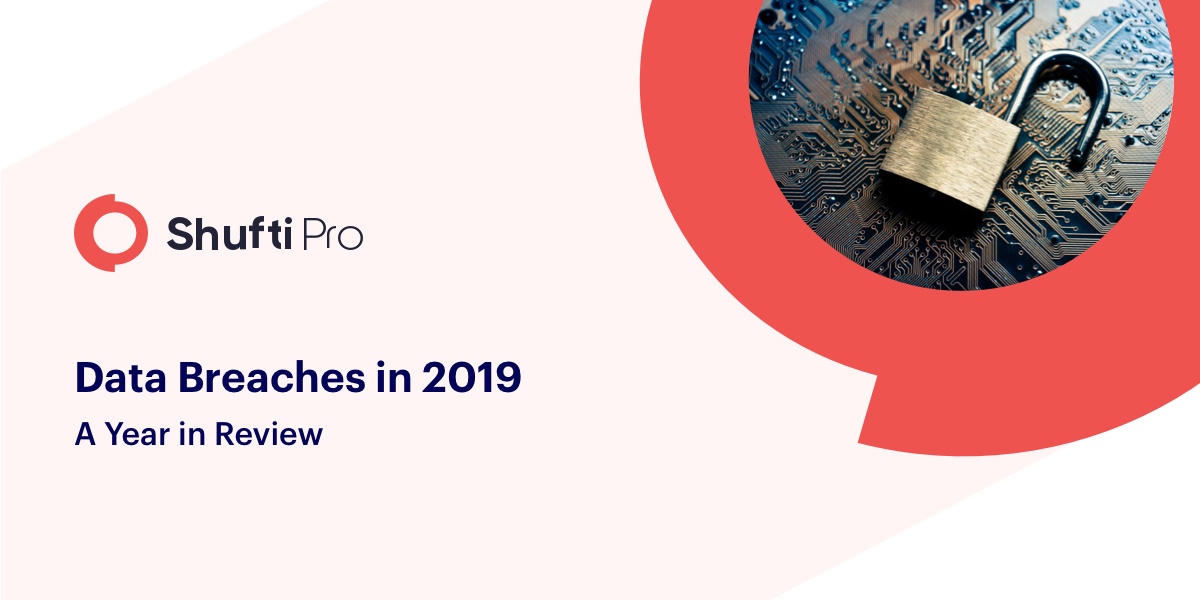


![Insights Into Austria’s Biometric KYC Onboarding [2022 Updates] Insights Into Austria’s Biometric KYC Onboarding [2022 Updates]](https://shuftipro.com/wp-content/uploads/b-img-austria.png)


